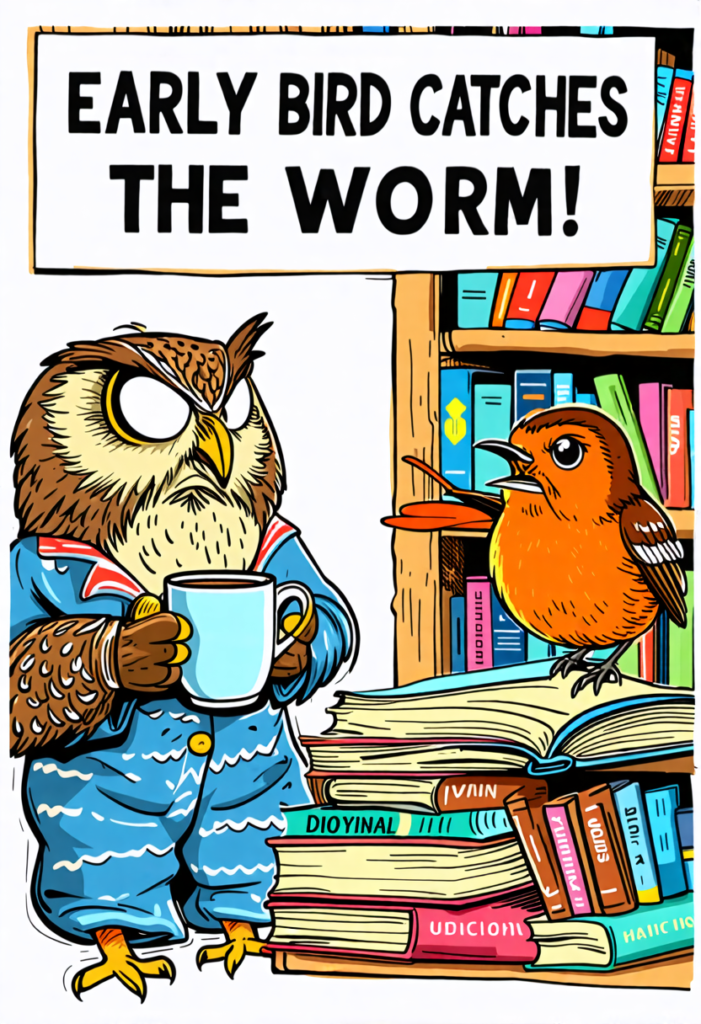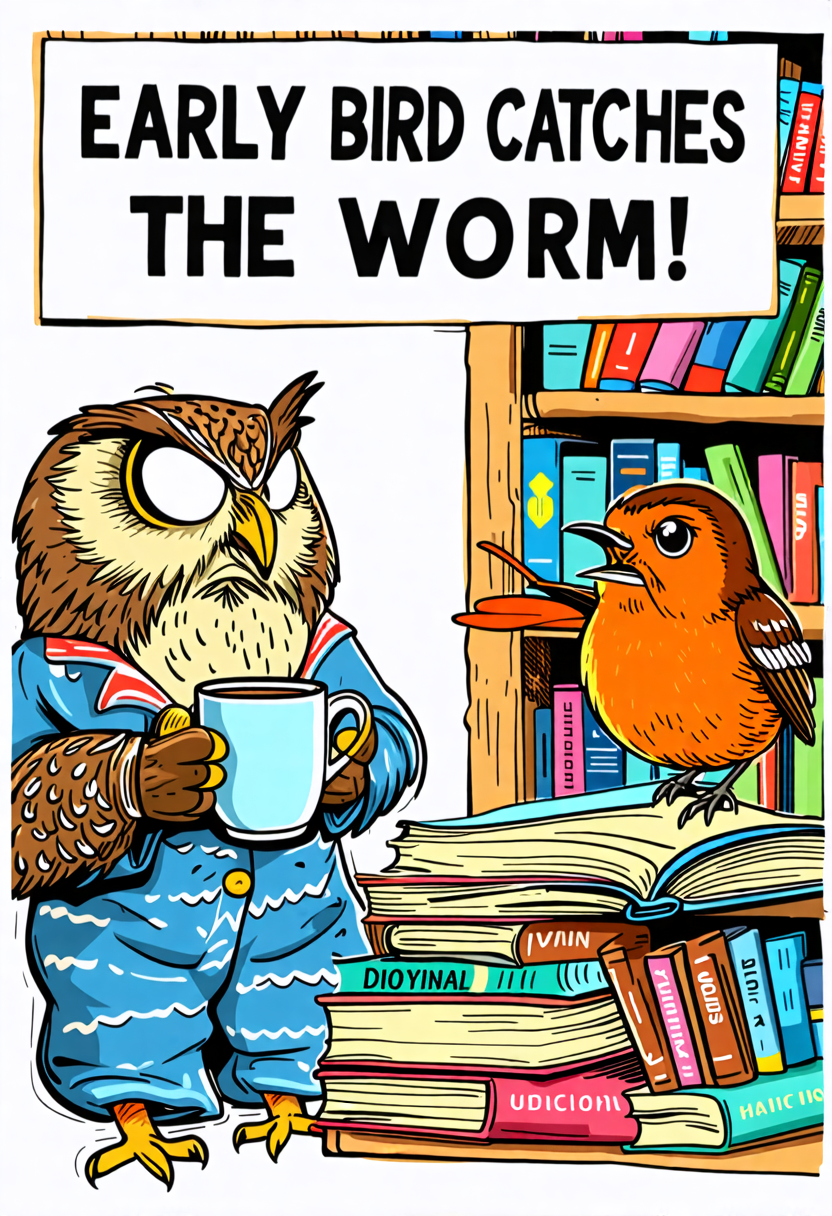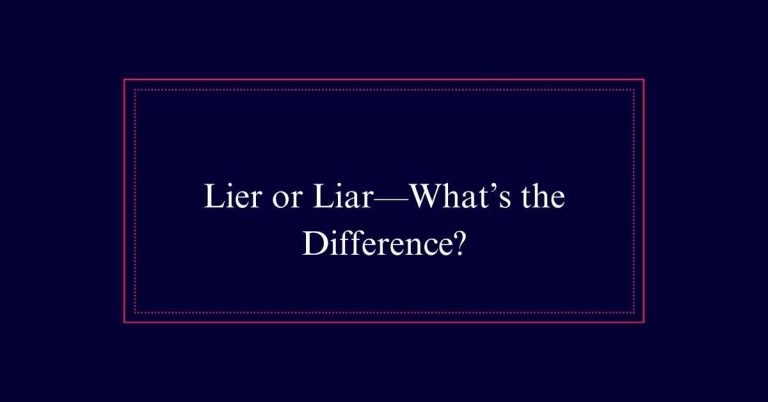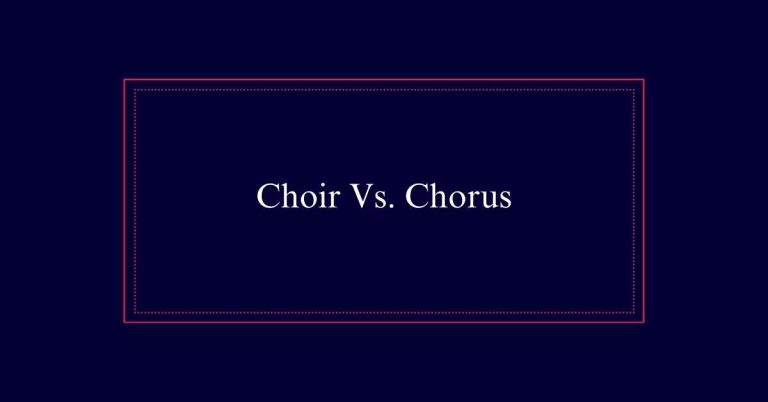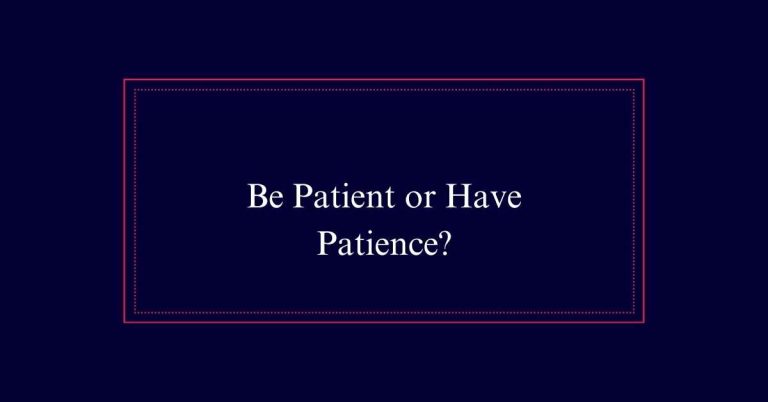The Early Bird Catches the Word: Write Better by Day
Research shows early birds who write between 4 a.m. and 8 a.m. make fewer errors due to increased mental clarity and minimal distractions. They benefit from uninterrupted sessions, which improve accuracy. In contrast, night owls, writing between 10 p.m. and 2 a.m., face higher error rates due to increased distractions. Blog writers peak in the afternoon from 1 p.m. to 5 p.m. Social media posts have the highest grammatical mistakes.
Fewer Mistakes by Early Birds
Early birds, writing online between 4 a.m. and 8 a.m., tend to make fewer mistakes. This period is marked by increased mental clarity and reduced distractions. Studies indicate that early risers produce more accurate content, whether writing emails, blog posts, or social media updates.
In contrast, night owls, who write between 10 p.m. and 2 a.m., often struggle with higher error rates. The serene early morning hours allow writers to focus better and review their work more meticulously.
Research also shows that blog writers make fewer errors in the afternoon, between 1:00 p.m. and 5:00 p.m. However, early birds still outperform others, particularly on social media, which typically has the highest rate of grammatical mistakes.
Writing Patterns of Early Birds
During the early morning hours, writers experience heightened focus and fewer distractions. This period, typically between 4 a.m. and 8 a.m., allows for uninterrupted writing sessions. Early birds benefit from a quieter environment, which promotes concentration and creativity.
The lack of digital interruptions, such as emails and social media notifications, further enhances their ability to produce quality work. Studies show that early risers tend to make fewer grammatical errors and exhibit better writing patterns. They often approach tasks with a clear mind, leading to more coherent and error-free prose.
This alignment of mental clarity and minimal distractions makes the early morning a prime time for writing, yielding superior outcomes compared to other times of the day.
Night Owls and Intelligence
While early birds thrive in the morning, night owls often exhibit unique cognitive advantages. Research indicates that higher IQ individuals tend to be more nocturnal. This nocturnal tendency is influenced by circadian rhythms, the natural cycles that dictate our sleep-wake patterns.
Evolutionary psychologists suggest that night owls may have adapted to nighttime activity, offering them distinct mental strengths. However, these cognitive benefits do not necessarily translate to writing proficiency. Night owls may need to exercise caution while writing, as their timing might affect the quality of their work.
Despite their intelligence, the timing of their writing does not inherently improve their output. Night owls should be mindful of their writing practices to guarantee accuracy and clarity.
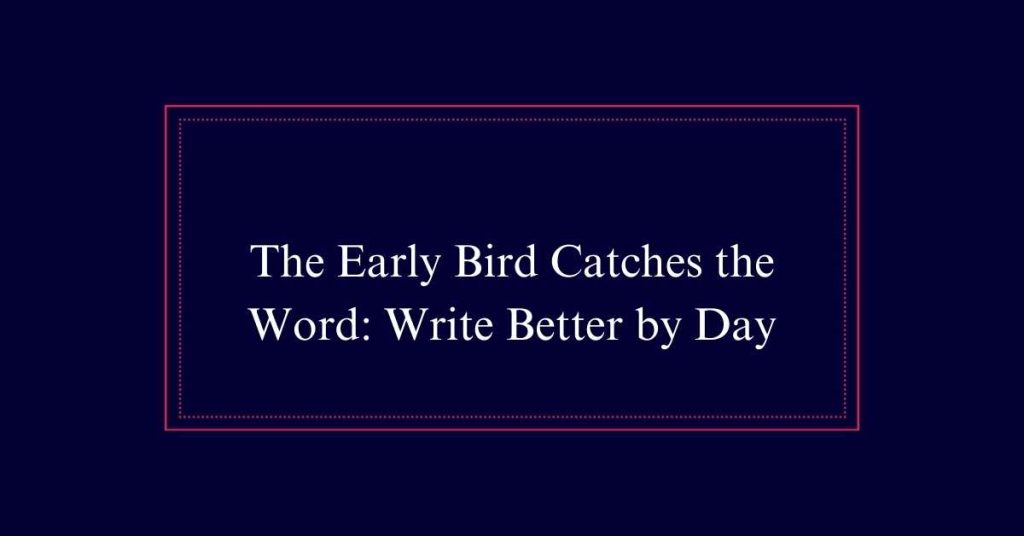
Writing Quality Throughout the Day
Without regard to the time of day, writing quality hinges on careful proofreading and attention to detail. Studies reveal that writing accuracy fluctuates based on the hour. Early birds, writing between 4 a.m. and 8 a.m., tend to make fewer errors. Conversely, night owls, active from 10 p.m. to 2 a.m., often produce more mistakes. Surprisingly, blog writers show peak performance between 1:00 p.m. and 5:00 p.m. Emails and social media posts contain the most errors, likely due to their informal nature.
| Time of Day | Writing Activity | Error Rate |
|---|---|---|
| 4 a.m. – 8 a.m. | Early Birds | Low |
| 10 p.m. – 2 a.m. | Night Owls | High |
| 1 p.m. – 5 p.m. | Blog Writing | Lowest |
| All Day | Emails | High |
| All Day | Social Media | Highest |
This data underscores the importance of timing in crafting error-free content.
Platform-Specific Writing Accuracy
Writing accuracy noticeably varies across different platforms, with blog posts generally containing fewer errors compared to emails and social media. Blog posts tend to be more polished and undergo more revisions.
Emails, however, often have more spelling mistakes. This might be due to the informal nature and quick turnaround expected in email communication.
Social media platforms show the highest error rates. The casual and fast-paced environment encourages quick, off-the-cuff messages, leading to more grammatical mistakes.
Additionally, early birds outperform night owls in all writing categories, suggesting that the time of day influences accuracy. Night owls, in particular, struggle more with commonly confused words, highlighting the importance of choosing the right time and platform for error-free writing.
Proofreading for Quality Writing
To achieve polished and error-free writing, thorough proofreading is vital. Proofreading involves reviewing your writing to catch and correct mistakes. This process helps guarantee clarity and professionalism.
Writing excellence is not confined to any specific time of day but hinges on meticulous proofreading. Double-checking your work can reveal errors you might have missed initially. It is essential to read slowly and carefully, focusing on each word.
Simple tools like grammar checkers can assist, but human review is irreplaceable. By dedicating time to proofreading, writers can elevate their content. Ultimately, the key to standout writing lies in the commitment to review and refine every piece. This practice ensures your work is both accurate and compelling.
Error Trends in Social Media
Moving from the importance of proofreading, it’s evident that social media is rife with grammatical errors. The informal nature of social platforms often leads to lax standards. Users prioritize speed and brevity over accuracy. Common mistakes include spelling errors, incorrect punctuation, and misuse of commonly confused words.
Unlike blog posts, which are often reviewed before publishing, social media posts are immediate and spontaneous. This instantaneity increases the likelihood of mistakes. Data shows that early birds make fewer errors across all platforms, including social media. Night owls, on the other hand, struggle more with grammatical accuracy in these quick, casual exchanges.
This trend underscores the need for careful proofreading, even in informal online interactions.
Blog Post Error Analysis
Analyzing blog post errors reveals interesting patterns in writing accuracy. Blog writers tend to make fewer mistakes compared to those writing emails or on social media. Remarkably, the time of day impacts error rates. Writers are most accurate between 1:00 p.m. and 5:00 p.m., while early birds (4:00 a.m. to 8:00 a.m.) also perform well. Night owls (10:00 p.m. to 2:00 a.m.) tend to struggle more, especially with commonly confused words.
| Time of Day | Error Rate | Common Mistakes |
|---|---|---|
| 4:00 a.m. – 8:00 a.m. | Low | Punctuation errors |
| 1:00 p.m. – 5:00 p.m. | Lowest | Minor typos |
| 10:00 p.m. – 2:00 a.m. | High | Commonly confused words |
This analysis underscores the importance of timing in achieving accurate blog writing.
Frequently Asked Questions
How Does Sleep Quality Impact Writing Accuracy?
Sleep quality has a notable impact on writing accuracy. Poor sleep can impair cognitive functions, leading to increased errors. Conversely, good sleep enhances focus and attention, resulting in fewer mistakes and improved overall writing quality. Proofreading remains essential.
Are There Specific Genres That Early Birds Excel in Writing?
Early birds excel in writing technical and professional content, such as reports and articles. Their clear thinking during early hours helps reduce errors and enhance coherence. Proofreading remains essential for maintaining high standards in all genres.
Can Diet Influence Writing Performance?
Yes, diet can influence writing performance. A balanced diet rich in nutrients supports cognitive function and energy levels. Proper nutrition helps maintain focus, reduces fatigue, and enhances overall mental clarity, leading to improved writing quality.
Do Writing Tools or Software Affect Error Rates?
Writing tools and software can greatly decrease error rates. Advanced features like spell check, grammar correction, and style suggestions help writers catch mistakes quickly, enhancing overall accuracy and ensuring polished, professional writing.
How Do Environmental Factors Like Noise Impact Writing Quality?
Environmental factors, such as noise, greatly impact writing quality. Noise can cause distractions, reduce focus, and increase error rates. A quiet, calm environment helps writers maintain concentration and produce clear, accurate, and polished work.
